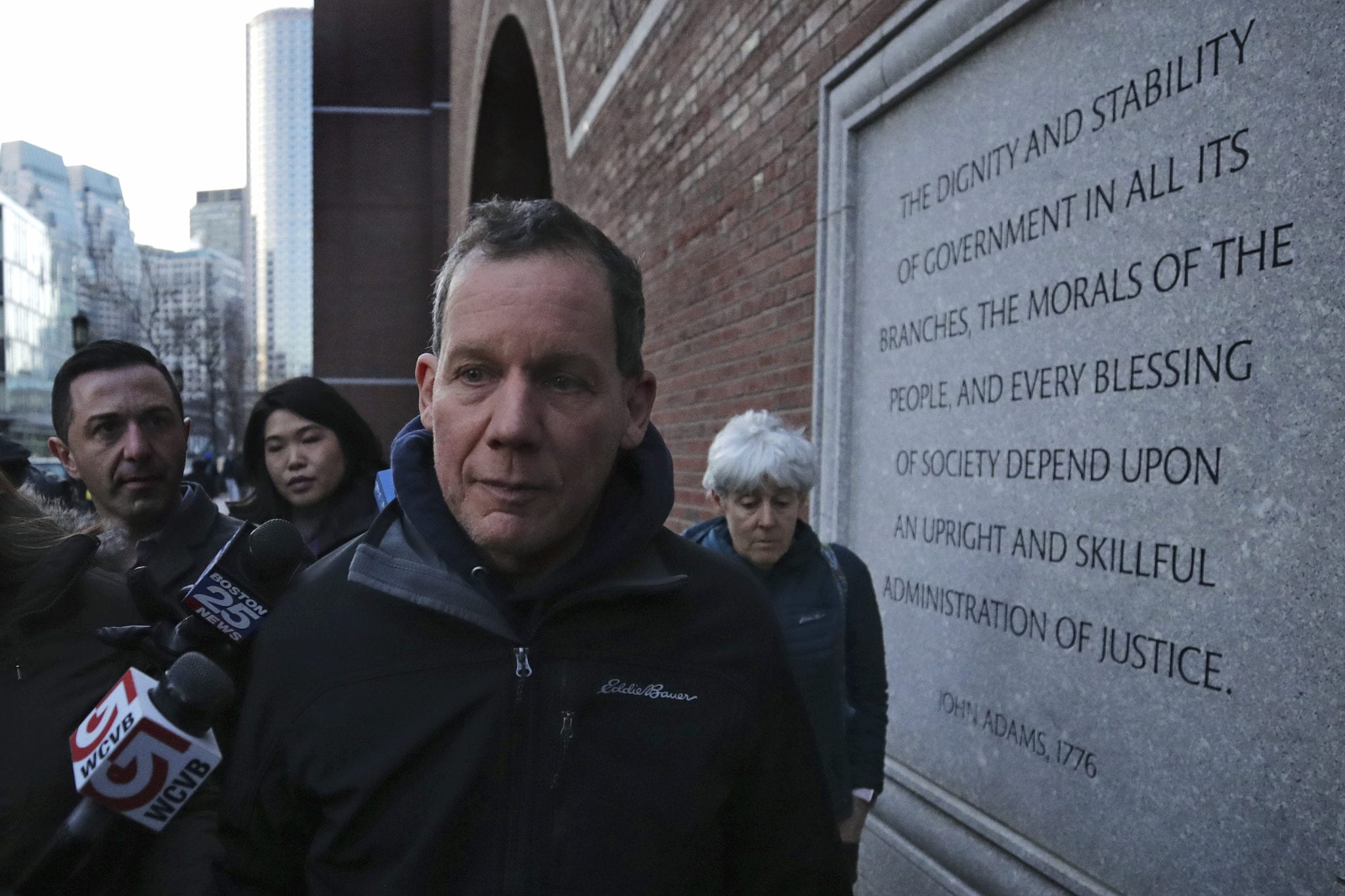
Charles Lieber (Charles Krupa, AP)
Harvard's Charles Lieber indicted for lying to the feds, bringing US researchers' China ties back to the spotlight
Five months after his shocking arrest, Charles Lieber has been indicted by a federal grand jury for lying to authorities about his involvement in China …
Sign up to read this article for free.
Get free access to a limited number of articles, plus choose newsletters to get straight to your inbox.